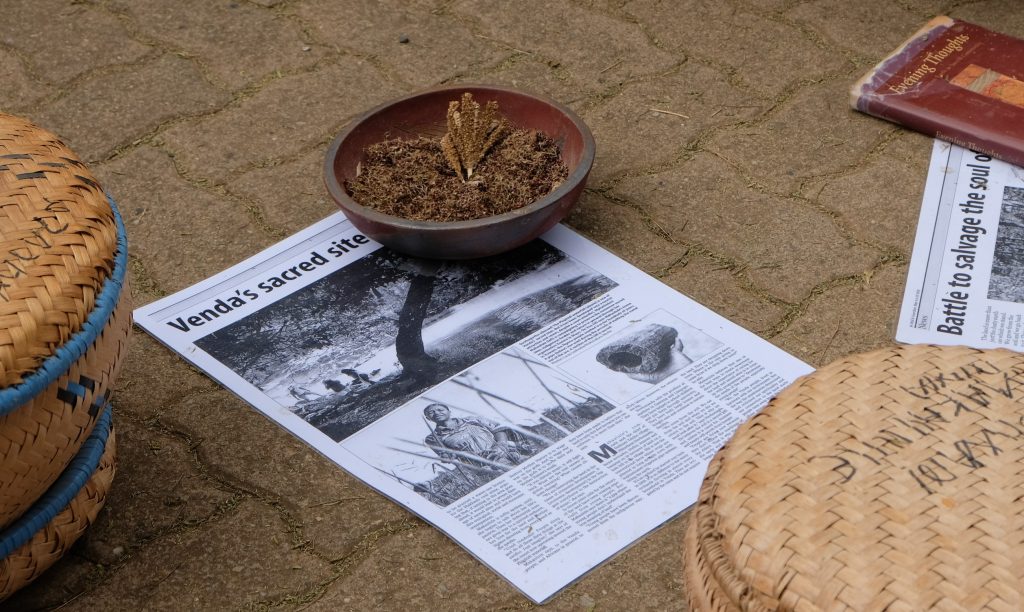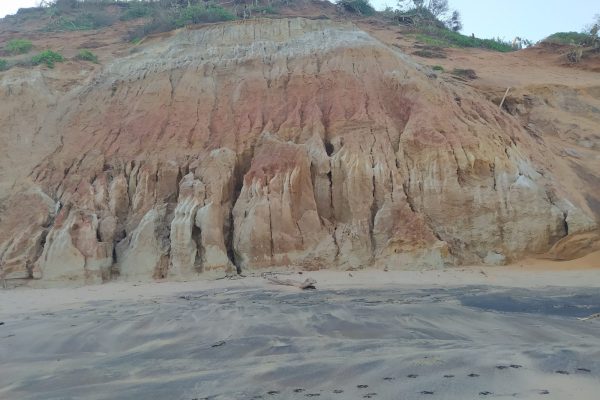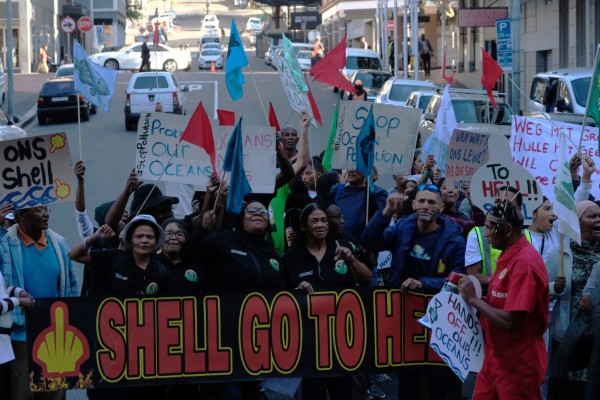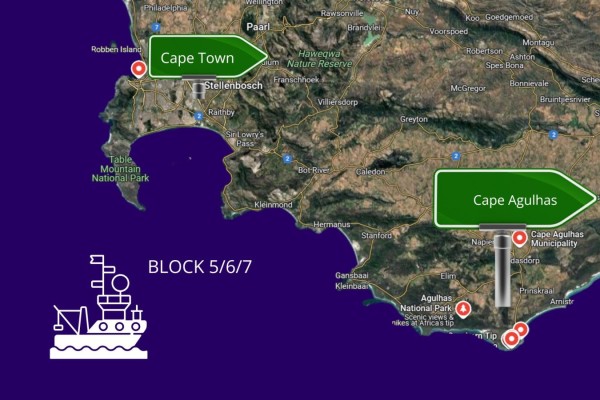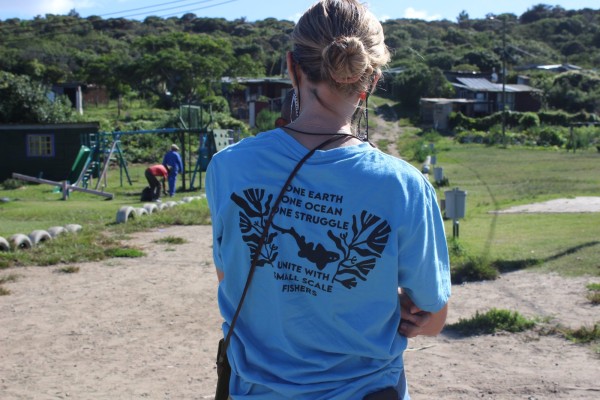Cape Town, South Africa: Last week Friday, Natural Justice was disappointed to learn that the appeal we submitted on 23 March 2022, against the Environmental Authorisation granted to Musina-Makhado Special Economic Zone Limited, was rejected by the MEC for Limpopo Department of Economic Development, Environment and Tourism (LEDET). Other civil society organisations* also had their appeals dismissed.
Breaking ground for the first stages of construction in the northern parts of the Musina-Makhado Special Economic Zone (MMSEZ) took place two weeks ago. The MEC’s rejection of civil society’s various appeals will allow land clearing on the 3600-hectare south site – based in the Vhembe district of the Limpopo province – to commence.
MMSEZ is made up of two sites and located in two municipalities (Musina and Makhado Local Municipalities), with the south site falling under the Vhembe Biosphere Reserve. The project was approved in 2016 and is a plan to construct a complete energy and metallurgical industrial chain.
In the public’s interest, and as a registered Interested and Affected Party, Natural Justice submitted our appeal on both procedural and substantive grounds.
Grounds for appeal
Substantive grounds: A major concern about the environmental authorisation of this project was that it was given by the Chief Director of LEDET. Though the Minister of Forestry, Fisheries and Environment has the authority to identify the competent authority for certain listed activities, our appeal argued that NEMA requires that the Minister be identified as the competent authority when an activity implicates international relations or international commitments, or where the proposed activity is undertaken by a provincial department responsible for environmental affairs. In this instance, the National Minister of Environment, Minister Creecy, should have served as the decision-maker on this application.
The Environmental Impact Assessment Report (EIAr) lacked important information, including information on water availability, energy availability and climate impacts, and failed to consider all the adverse impacts of the project on the local people and environment.
Some of these adverse impacts included threats to the right to water and food, adverse impacts on the livelihoods of those working in agriculture and tourism, and destruction of important cultural and heritage resources, such as mopane, baobab, and marula trees. The EIAr only focuses on direct impacts of the projects, ignoring the wider landscape, as well as indirect and cumulative impacts. Furthermore, the principles of sustainable development – including taking a risk-adverse approach – were ignored.
Significant information gaps remain with respect to the availability of water for the site, as well as energy generation**. The MMSEZ is located in a water-insecure area. It was indicated that water would be diverted from Zimbabwe for the project, but there was no evidence of this agreement provided.
On these bases, in granting the environmental authorisation, the decision maker did not have all the necessary information on which to base his decision.
Procedural grounds: LEDET had previously received a final environmental impact assessment report (prepared by a different Environmental Assessment Practitioner, Delta BEC) on 1 February 2021, and was obligated to grant or refuse the environmental authorisation by 19 May 2021, based on that report. Instead, LEDET issued a request for further substantive information and extended the EIA process unlawfully — at which point Delta BEC stepped down as EAP and EnviroXcellence was appointed to undertake the unlawful continuation of the EIA process.
Our appeal indicated that EnviroXcellence excluded some comments submitted by Interested and Affected Parties in its report to the decision-maker, including Natural Justice’s comments on the EIAr.
Our appeal also argued that the public participation process was flawed, in that reasonable efforts were not made to include all Interested and Affected Parties, public meetings were not meaningful or accessible, and MMSEZ proponents put forth contradictory and misleading information in public forums that was not reflected in the EIAr. The EAP also failed to let Interested and Affected Parties know of their right to appeal, and unlawfully limited the means by which parties could submit an appeal.
Local impacts and community voices
The voices of the local traditional communities were of utmost importance to this project, as they are likely to be most impacted. However, there was no evidence of community-based consultations, and the information provided was technical and voluminous, which is difficult to digest. Furthermore, contradictory and altered information was provided to the public, which is prejudicial.
Natural Justice was also dismayed at the public participation process in general, as the experiences we had of attending the meetings was that they were confrontational and key information was left out, while other information, such as the creation of jobs, was exaggerated.
In dismissing our appeal, the MEC’s response was not very detailed. We are considering next steps.
“For Natural Justice, this is a huge disappointment, and indicates a failure of justice. We are disturbed that the flaws within the EIAR and within the public participation process were not properly considered – for if they had been, this project would not go ahead. There are many rights-related risks for surrounding communities, and these should have been properly considered. There are many questions which needed to be properly investigated before coming to a decision.” – Jacqueline Rukanda, Programme Manager
ENDS
** In response to withdrawal of Chinese financial support for the proposed coal-fired power station, the MMSEZ SOC announced that they “are now focusing on solar” in order to power the MMSEZ. However, the EIAr stated that, “large scale baseload power generation from solar plus storage is not yet feasible or economically viable for the MMSEZ South site’s purposes (Final EIAR, page 700).”
Fossil Free SA, China confirms cancellation of the Limpopo Musina-Makhado SEZ coal-fired power project and commits to supporting green economic development in South Africa” (Nov. 18, 2021), https://media.business-humanrights.org/media/documents/China-cancels-giant-SA-coal-project.pdf
Jan Cronje, “Coal feet: Limpopo industrial park backed by China ditches plans to build power station”, fin24 (Mar. 2, 2022), https://www.news24.com/fin24/companies/coal-feet-limpopo-industrial-park-backed-by-china-ditches-plans-to-build-power-station-20220302

